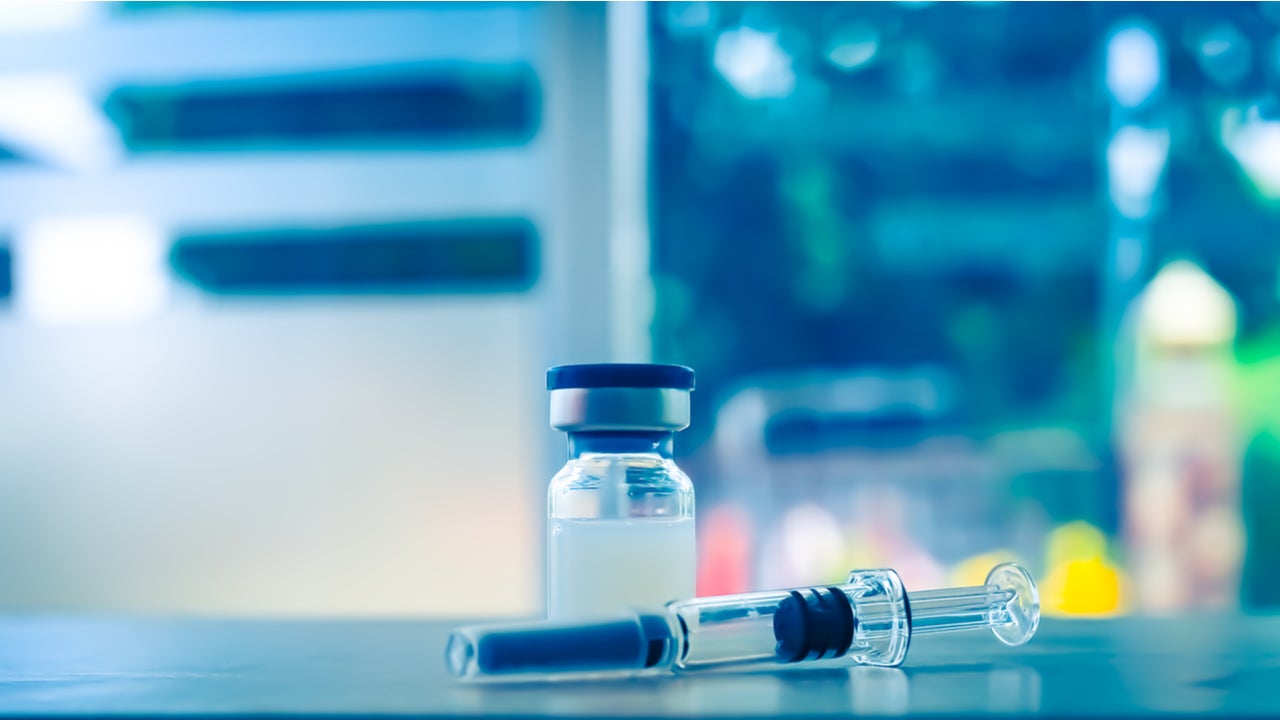
Countries across the globe are striking deals to secure vaccine access in a desperate measure to get relief from the worst global pandemic. Economists believe that getting these shots across to as many people and countries to stop the virus rage, will be the greatest logistical challenges ever.
Gregory Daco
Gregory Daco, an economist, shared an article on the greatest vaccine effort in history, with the UK leading the pack to clear the first shot from Pfizer and BioNTech. The US is also making similar efforts and has succeeded in developing the Moderna vaccine candidate, mRNA-1273, which revealed 94.5% efficacy in its early stage data.

Discover B2B Marketing That Performs
Combine business intelligence and editorial excellence to reach engaged professionals across 36 leading media platforms.
Experts believe that by the end of the year millions will be inoculated, and billions across the globe. The article elucidates how nine potential vaccines are being tracked around the globe, on the basis of national procurement deals to patients being administered doses. According to the data collected, 7.85 million doses of Covid-19 vaccines have already been allotted.
Economists believe that this maybe enough to meet the vaccine requirements of at least half the world, if administered evenly. However, it is a known fact that the economically richer countries have placed higher bets on these vaccines with extensive supply agreements, while the need for ultra-cold storage requirements make it even more difficult for tropical countries and emerging markets to bag the vaccine deals, the article detailed.
Meanwhile, countries like Russia and China are carving their own path and are most likely to depend on domestically produced vaccines such as the Sputnik V and Sinopharm-made vaccine. The two countries authorised these vaccines in July and expect their entire populations to be vaccinated.
The greatest vaccine effort in history is underway. Follow it here https://t.co/iuNfSt4iku via @bbgvisualdata pic.twitter.com/D3tzrxAeWi
 GlobalData Strategic Intelligence
GlobalData Strategic IntelligenceUS Tariffs are shifting - will you react or anticipate?
Don’t let policy changes catch you off guard. Stay proactive with real-time data and expert analysis.
By GlobalData— Gregory Daco (@GregDaco) December 7, 2020
Ian Bremmer
Ian Bremmer, a political scientist and foreign affairs columnist at TIME, re-tweeted on what is likely to happen when Covid-19 vaccine rollouts begin. Experts suggest that now the urgency has shifted from racing to find a vaccine to racing to ensure that it will be enough for the world.
As Pfizer, Moderna and AstraZeneca grab successive deals for vaccine procurement, economists worry that the limited supply of vaccines will be a great challenge to meet both the domestic and international demands. For instance, the world’s advanced democracies who are leading the pack in vaccine development have reserved their first run of vaccines for frontline workers and nursing home residents, while the second round is being reserved for essential workers, the article detailed. However, debates continue around the term ‘essential’ and which category of workers to be prioritised.
Another problem being faced by advanced economies such as the US is the longstanding vaccine scepticism. This implies that despite the government paying for the shots, many will not want to take it. Additionally, once the initial distribution phase ends, countries will be grappling with the problem of inequality again with a quicker uptake of inoculations among the wealthy and rich compared to the poorer sections of the population, the article noted.
"What happens next as the COVID-19 vaccine rollouts begins," writes @ianbremmer https://t.co/T0uuY1gPQr
— TIME (@TIME) December 7, 2020
Prem Sikka
Prem Sikka, an accountant and academic, re-tweeted on how retailers such as B&Q, Tesco, Morrisons, Sainsbury’s, Asda, Aldi, Lidl, and others are returning the Covid business rates relief that they may not need. Experts suggest that the insurance companies, banks, Amazon, Microsoft, and Google should also be doing the same as their businesses have boomed during the coronavirus pandemic.
B&Q, a wholly owned subsidiary of Kingfisher, decided to return $173m of Covid business rates relief to the government, along with other big retailers such as Tesco, Morrison’s Sainsbury’s, Asda, Aldi, Lidl, Pets at Home, and B&M promising to pay back $2.6bn to the UK government, the article noted.
However, a number of retailers such as Marks & Spencer and the John Lewis Partnership do not want to return the exceeding emergency taxpayer support, stating that they need the government’s support to meet the financial strains of the Covid-19 crisis, the article detailed.
https://twitter.com/premnsikka/status/1335982343400599557



